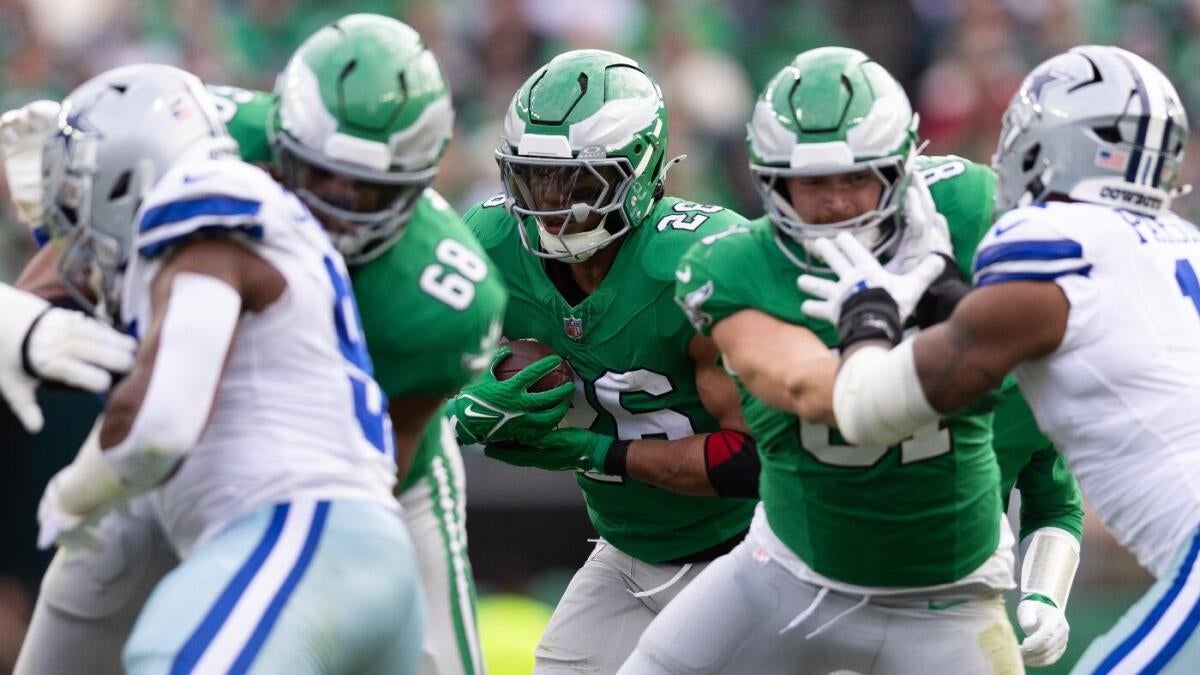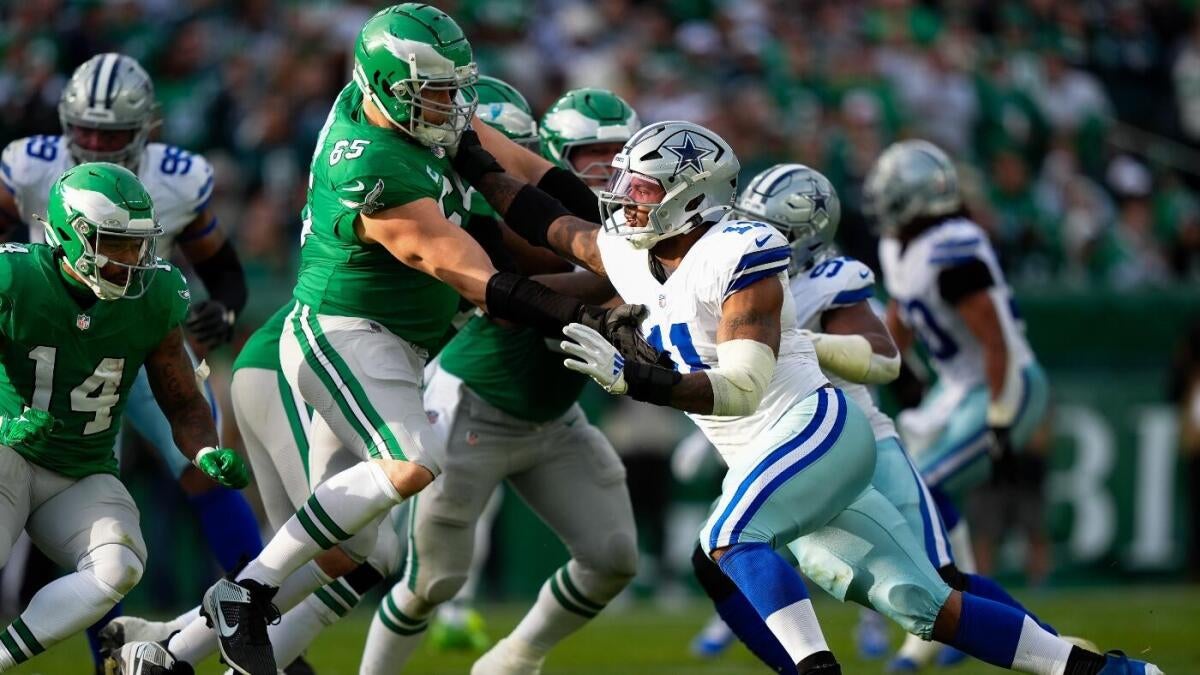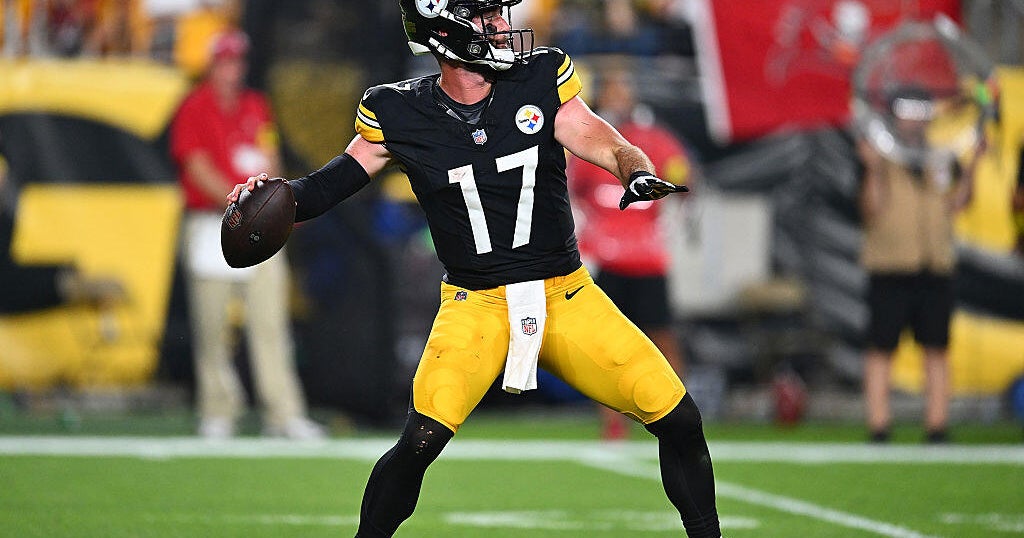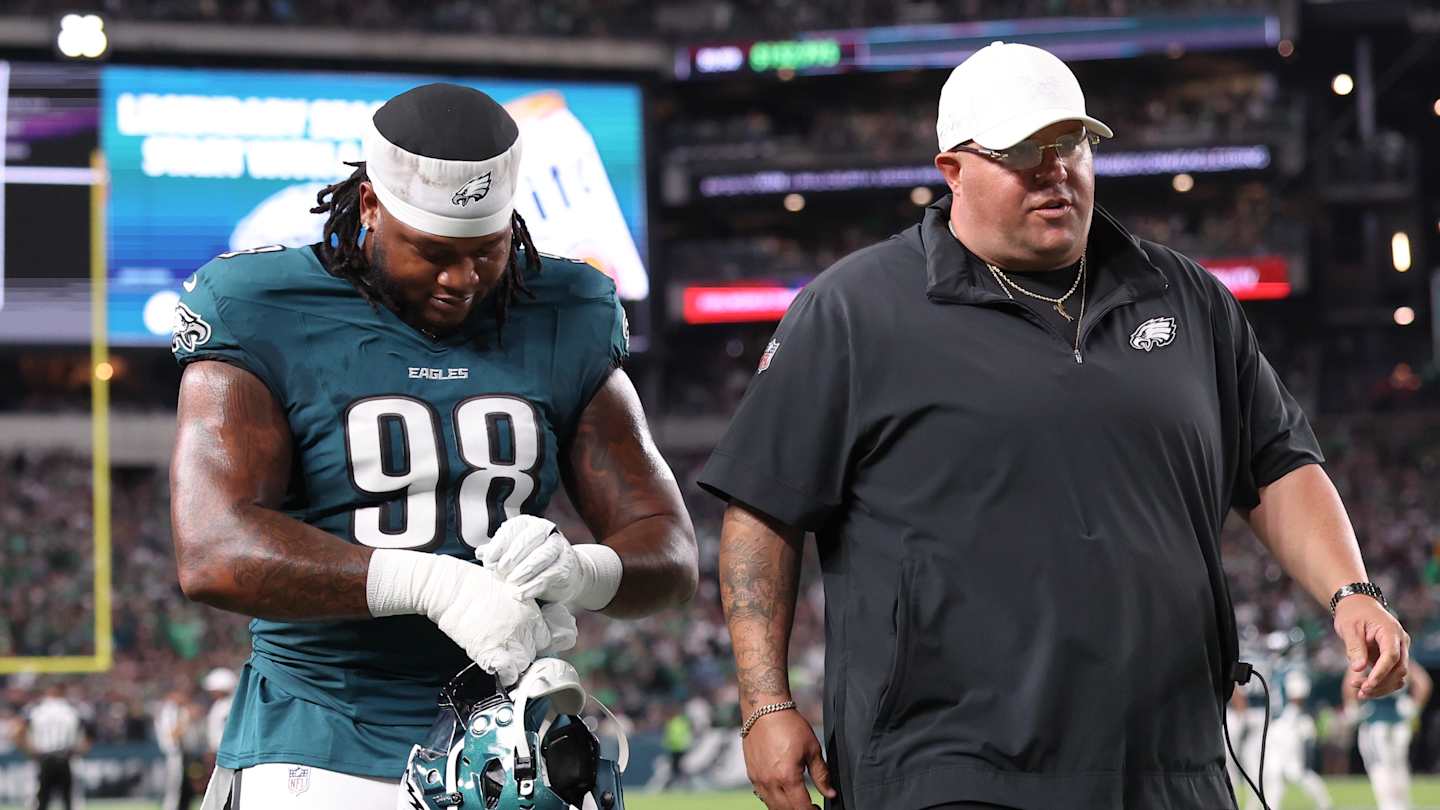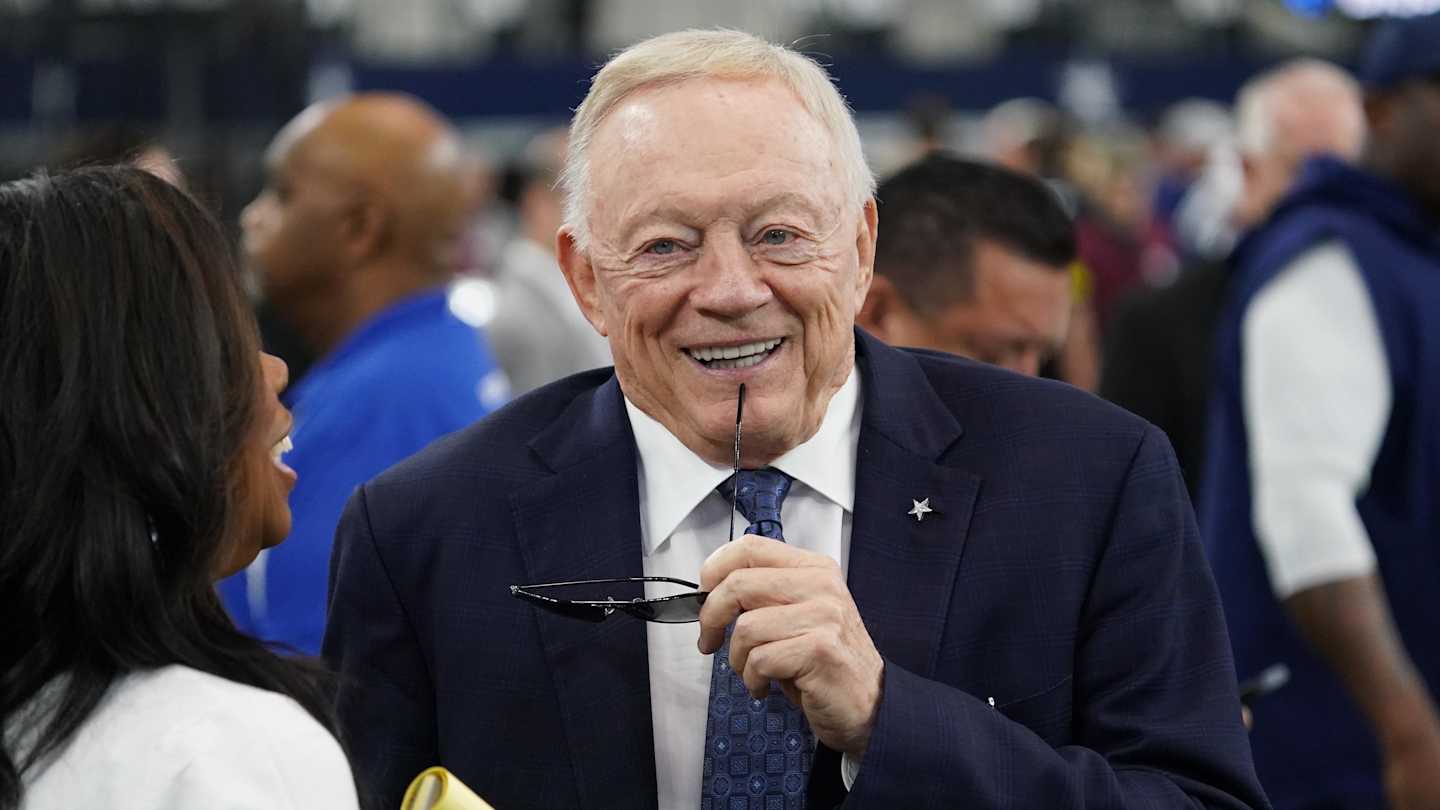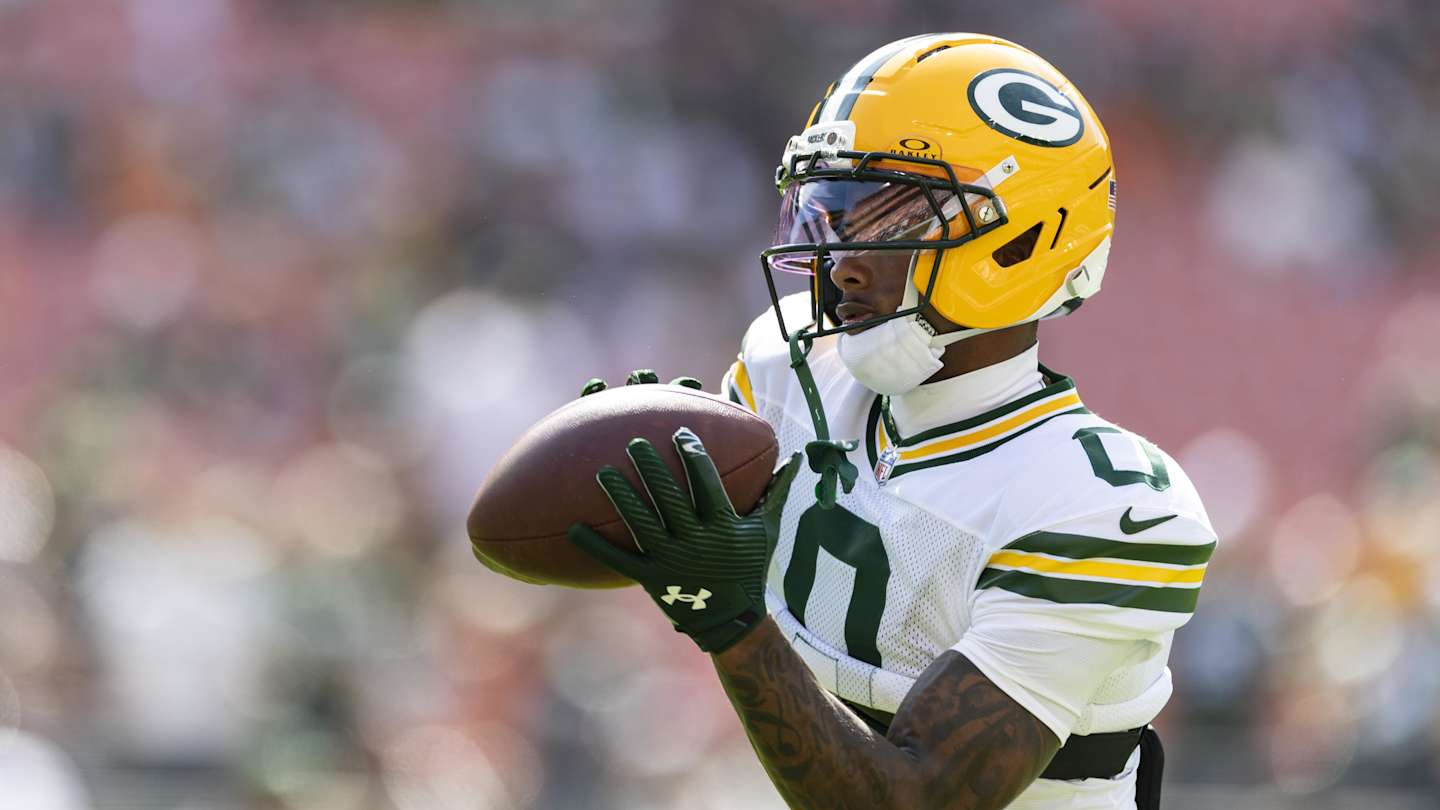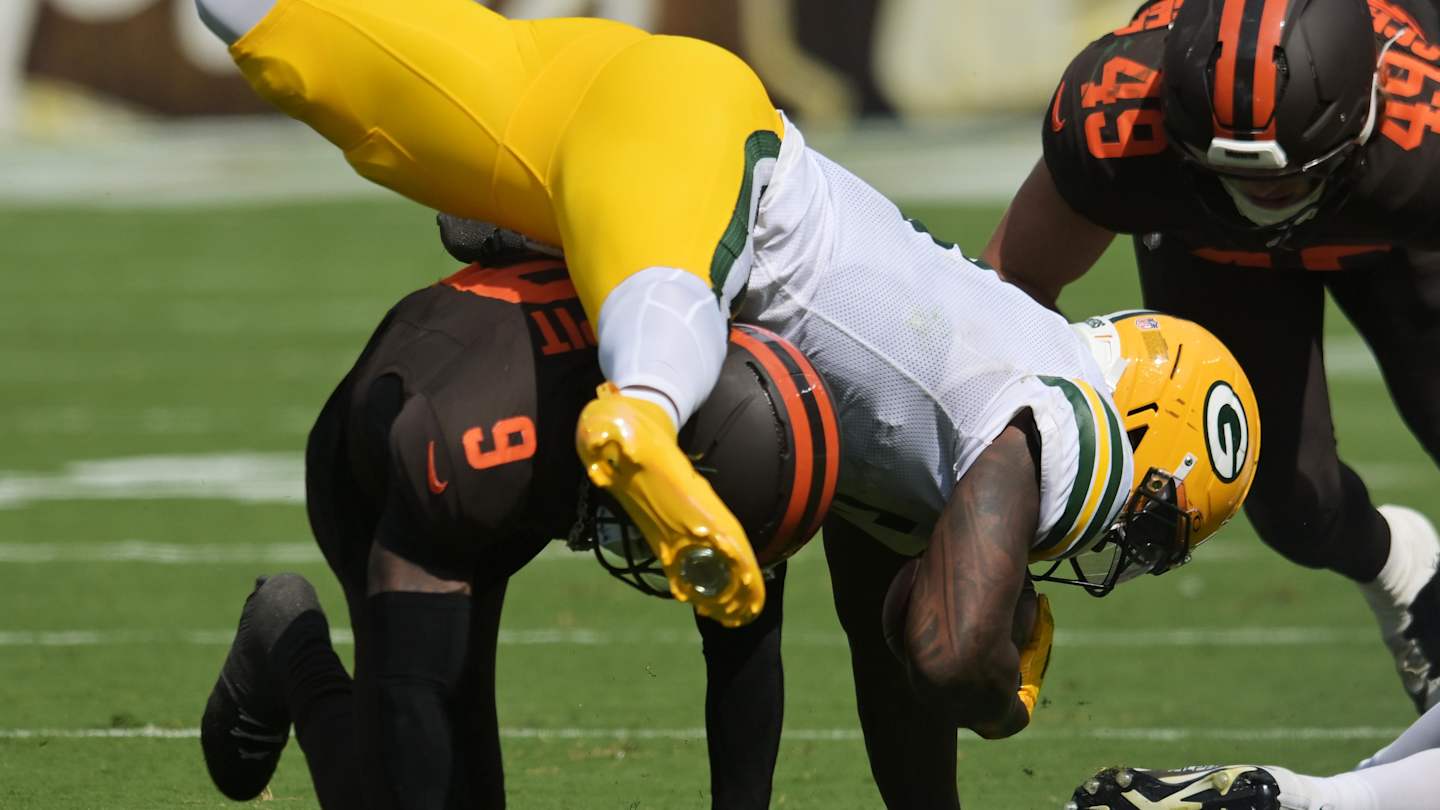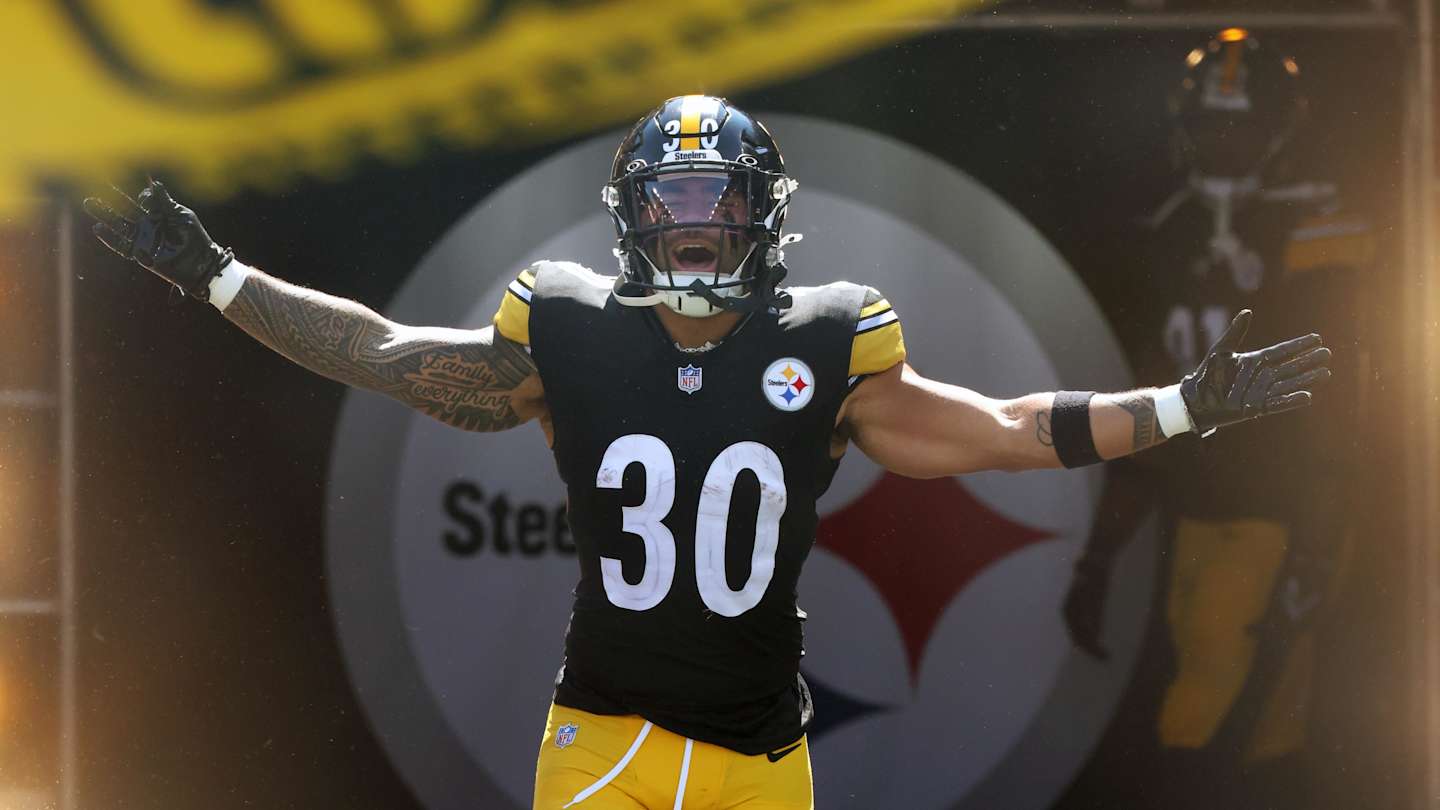
Dallas Cowboys owner Jerry Jones recently sent shockwaves through the NFL with the stunning trade of Pro Bowl linebacker Micah Parsons to the Green Bay Packers. Jones was quick to draw parallels between this move and the Cowboys’ infamous Herschel Walker trade over three decades ago. However, another historic transaction involving Jones, one that fundamentally reshaped the NFL landscape, bears an even more striking resemblance and offers a potent lesson.
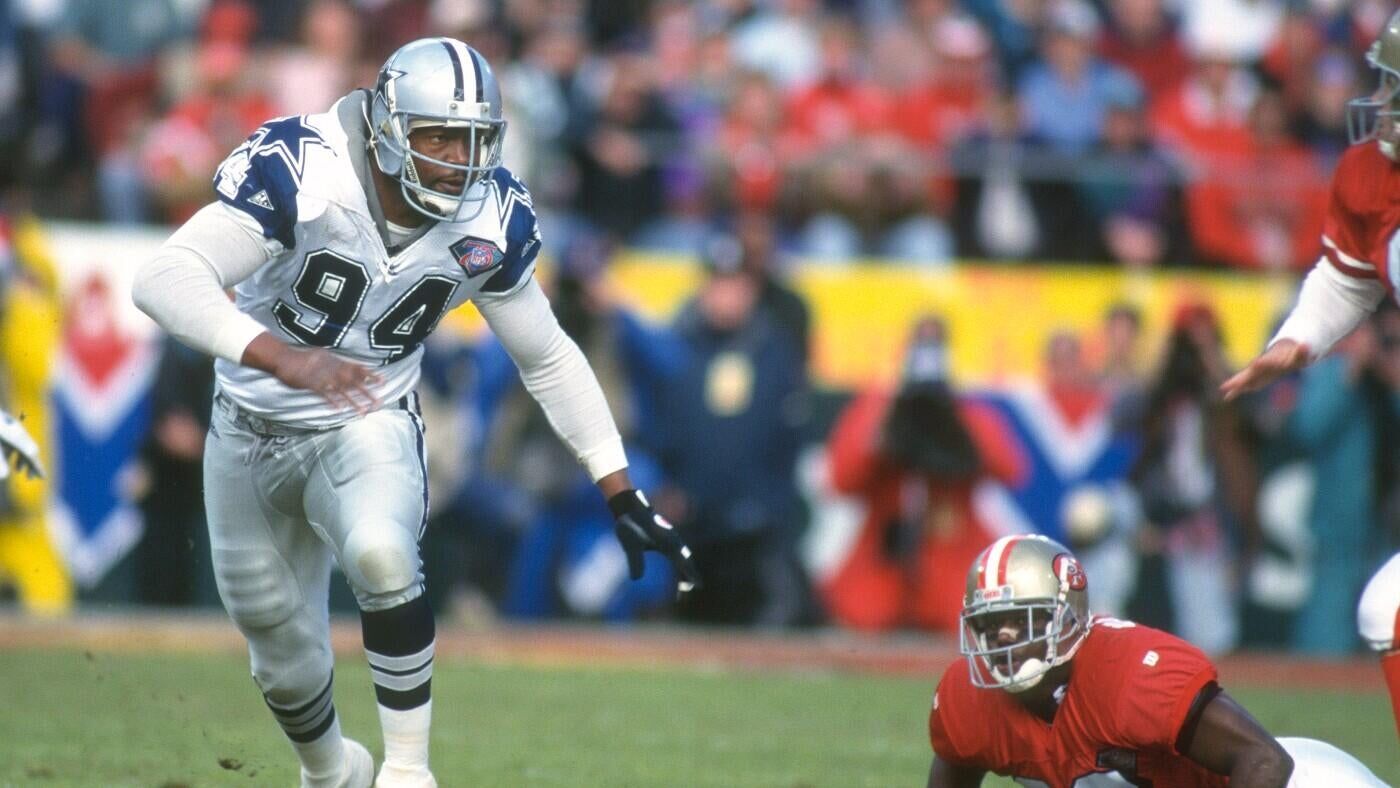
The Charles Haley Acquisition: A Championship Catalyst
Just before the 1992 season, the then-woeful Cowboys, a 1-15 team just three years prior, received an unexpected call from the San Francisco 49ers. The 49ers, looking to part ways with immensely talented but temperamental pass rusher Charles Haley, inquired about Dallas’s interest. Head coach Jimmy Johnson, recognizing Haley’s potential, instructed Jones to contact 49ers owner Eddie DeBartolo Jr. to ascertain Haley’s intelligence – a key attribute for Johnson’s system.
While Haley’s personality was an enigma, his football IQ was undeniable. Johnson famously declared Haley the “final piece” in the Cowboys’ championship puzzle. Dallas, fresh off its first playoff appearance under Johnson in 1991, was considered too young for a title run in 1992. That perception evaporated with the acquisition of Haley, a three-time Pro Bowler, two-time Super Bowl champion, and the 1990 UPI Defensive Player of the Year during his six seasons in San Francisco.
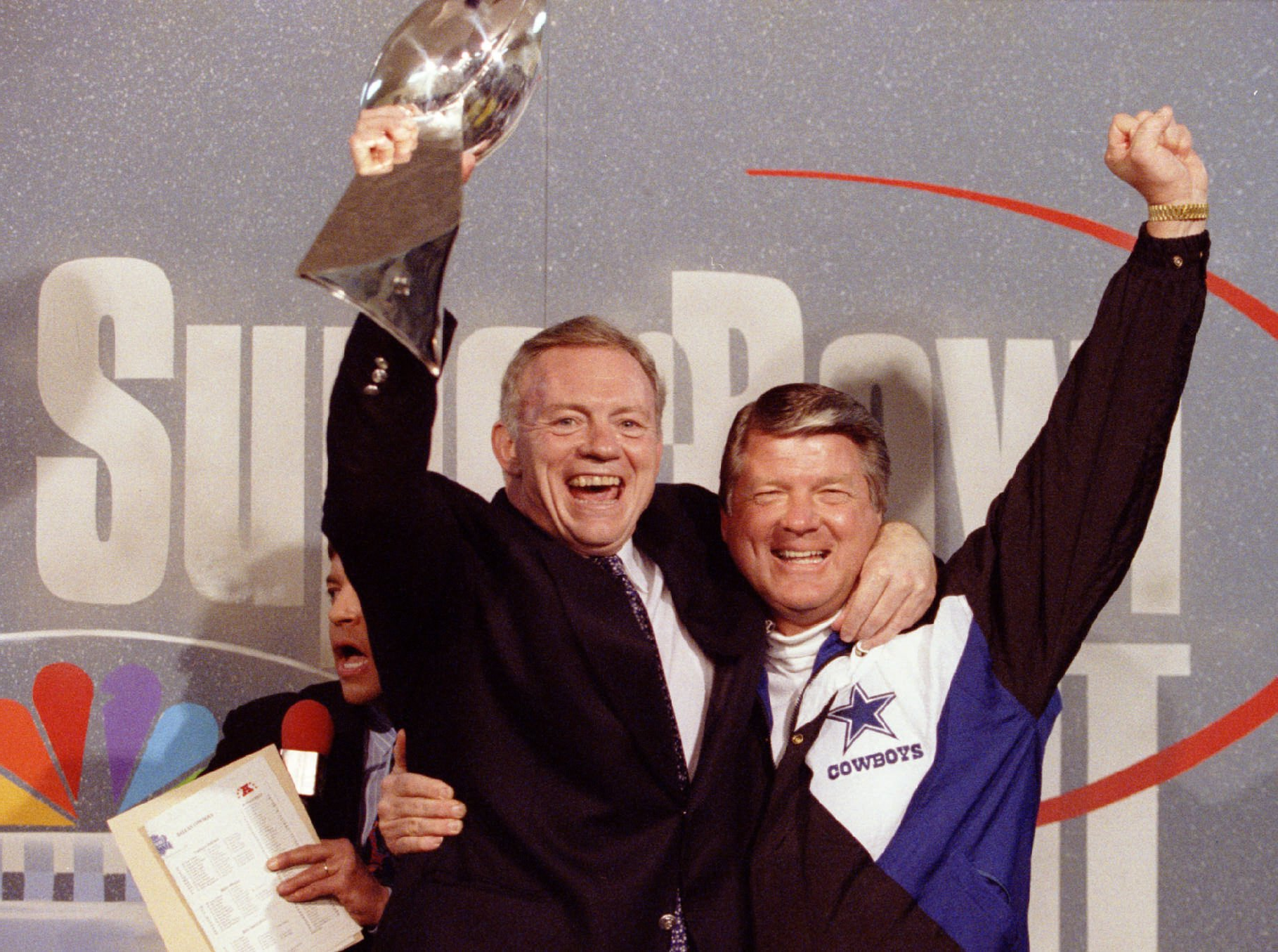
Carmen Policy’s Unintended Consequence
Carmen Policy, then in his second year as the 49ers’ president and CEO, played a pivotal role in San Francisco’s 1980s dynasty. As chronicled in the recent Netflix documentary on the 1990s Cowboys, Policy faced the daunting task of replacing legendary figures like Joe Montana, Ronnie Lott, and Roger Craig. He masterfully navigated the transition from Montana to Steve Young and revitalized the roster with new talent, including Ricky Watters, Bryant Young, and Merton Hanks.
Yet, Policy’s greatest misstep, though unknowingly at the time, was trading Haley. This single decision dramatically shifted the balance of power in the NFL from San Francisco back to Dallas. Haley”s impact was immediate and profound, both internally and externally. He pushed the young Cowboys to embrace a championship mentality and, when facing his former team, was hellbent on proving the 49ers’ mistake.
“God gave me an opportunity to show them that I’m not easy to replace,” Haley declared in the Netflix documentary. And he delivered.
Haley’s Revenge and the Rise of the Cowboys Dynasty
With Haley leading the charge, the Cowboys defeated the 49ers in consecutive NFC Championship games, paving the way for back-to-back Super Bowl titles. In the 1992 NFC title game, Haley’s relentless pressure on Steve Young forced an early scramble, leading to a missed field goal and a Cowboys victory. A year later, despite constant double-teams, Haley recorded one of Dallas’s four sacks of Young in another decisive win.
49ers Hall of Fame wideout Jerry Rice famously lamented in the documentary, “Trading Charles Haley to the Dallas Cowboys… I still say today, that was the worst mistake we ever made.”
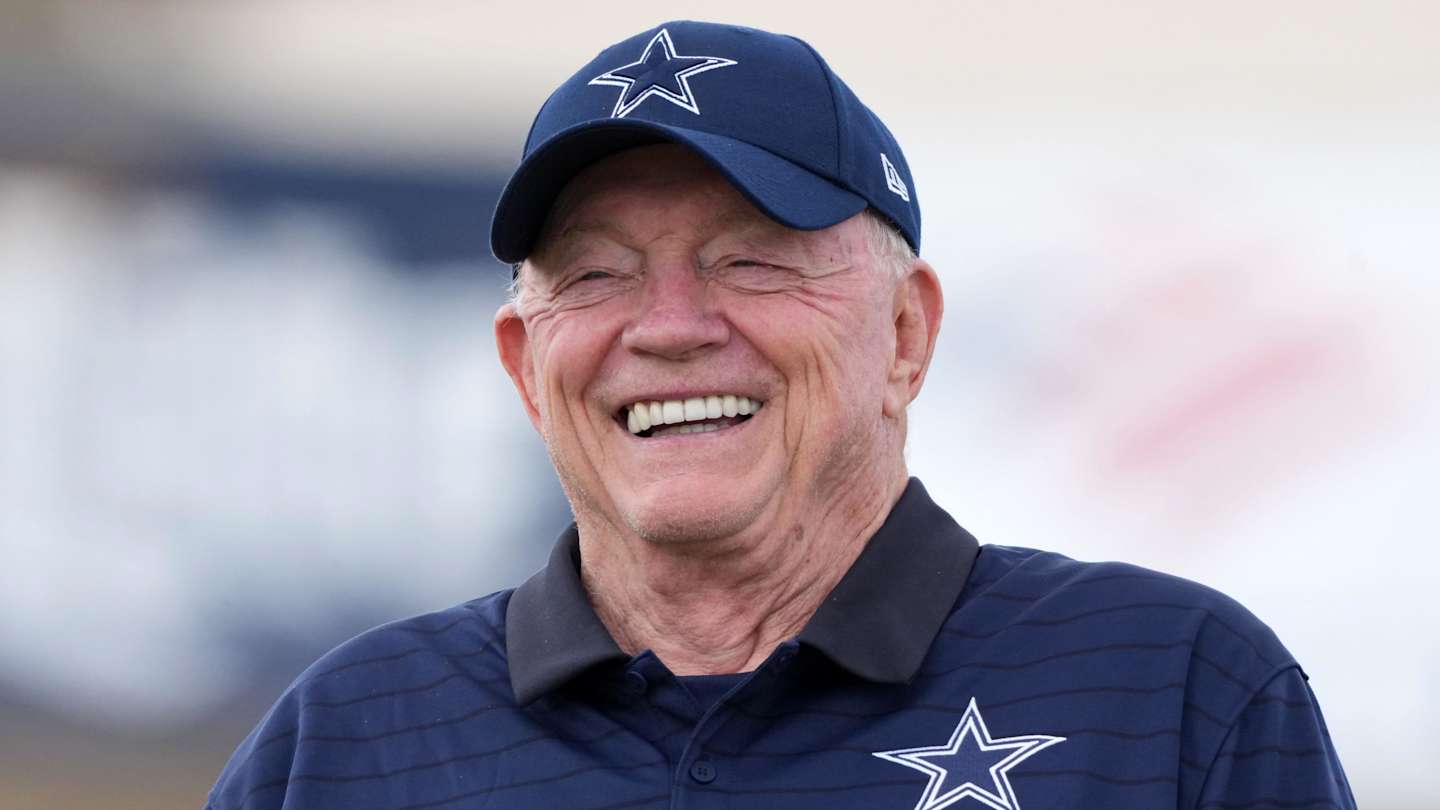
The 49ers’ Counter-Move and a New Rivalry
Desperate to reclaim supremacy, Policy aggressively overhauled the 49ers’ roster in 1994, signing key players like former Cowboys linebacker Ken Norton Jr. (who became the first player to win three consecutive Super Bowls) and future Hall of Fame cornerback Deion Sanders. Sanders, the NFL’s Defensive Player of the Year that season, proved to be the difference-maker in the 49ers’ 38-28 NFC Championship victory over Dallas, intercepting Troy Aikman and making a crucial pass breakup. This win denied the Cowboys a chance at an unprecedented three-peat and secured the 49ers’ fifth Super Bowl title.
“Revenge is best served with the tip of a cold knife,” Policy quipped with a laugh in the documentary.
Micah Parsons to Green Bay: A Full-Circle Moment?
Fast forward over 30 years to Thursday night, and Jerry Jones made another seismic trade, sending defensive phenom Micah Parsons to the Green Bay Packers for two future first-round picks and defensive tackle Kenny Clark. The irony of Jones trading one of the NFL’s premier defensive players, 33 years after acquiring Haley, is palpable. Even more striking is the fact that he traded Parsons to Carmen Policy’s son, Ed Policy, the new Packers president and CEO.
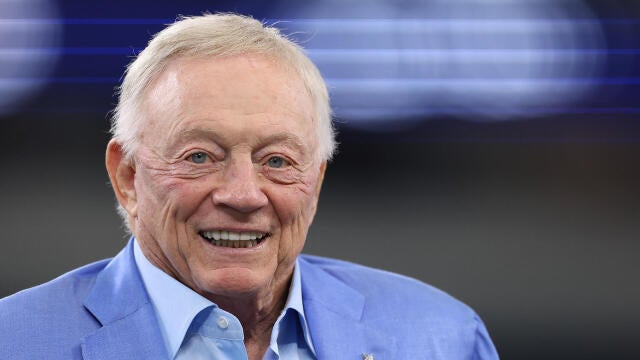
Ed Policy, 54, recently took the reins from Mark Murphy, whose 18-year tenure included a Super Bowl title. While successful, Murphy’s Packers often drew criticism for their conservative approach in free agency. Policy’s audacious move, trading significant draft capital for Parsons, is a stark departure from that tradition, signaling a bold new era in Green Bay. This echoes the decisiveness his father displayed when he revamped the 49ers roster after consecutive playoff losses to Dallas.
Carmen Policy’s aggressive strategy in 1994 led to a Super Bowl victory, somewhat mitigating the sting of the Haley trade. Ed Policy’s colossal acquisition of Parsons could yield a similar outcome, potentially adding another illustrious chapter to the Policy family’s legacy while simultaneously casting a shadow on Jones’s recent decision-making in Dallas.
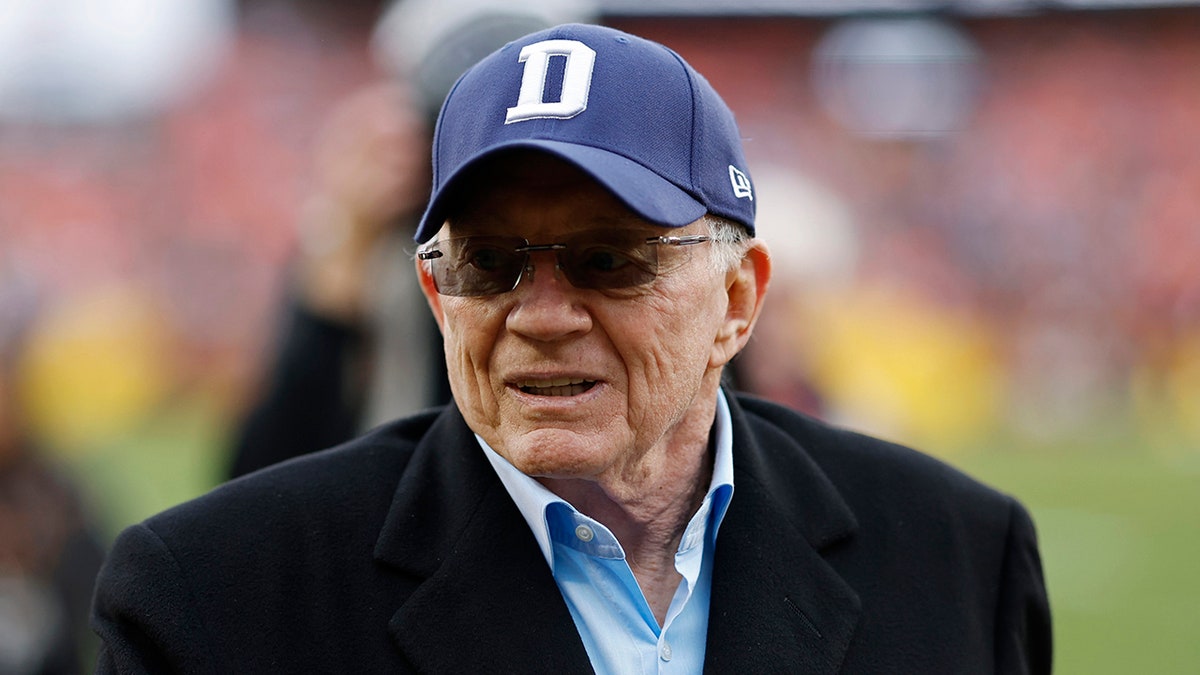
The Verdict: Will History Repeat Itself?
- Dallas trades Micah Parsons: Full reax
- Worst trade ever? Anonymous NFL feedback
- Who really won and lost the Micah Parsons trade?
- Cowboys get D- for Parsons trade
- Parsons the missing piece for GB’s Super Bowl run?
- Jones says no vindictiveness, but how is that possible?
The NFL is a league of cycles and echoes. Jerry Jones’s trade of Micah Parsons, particularly to the son of the man whose team he once dismantled, is a fascinating and potentially defining moment. Only time will tell if this latest gamble will lead to another dynasty for the Packers or if Jones will once again find himself on the wrong side of history.

